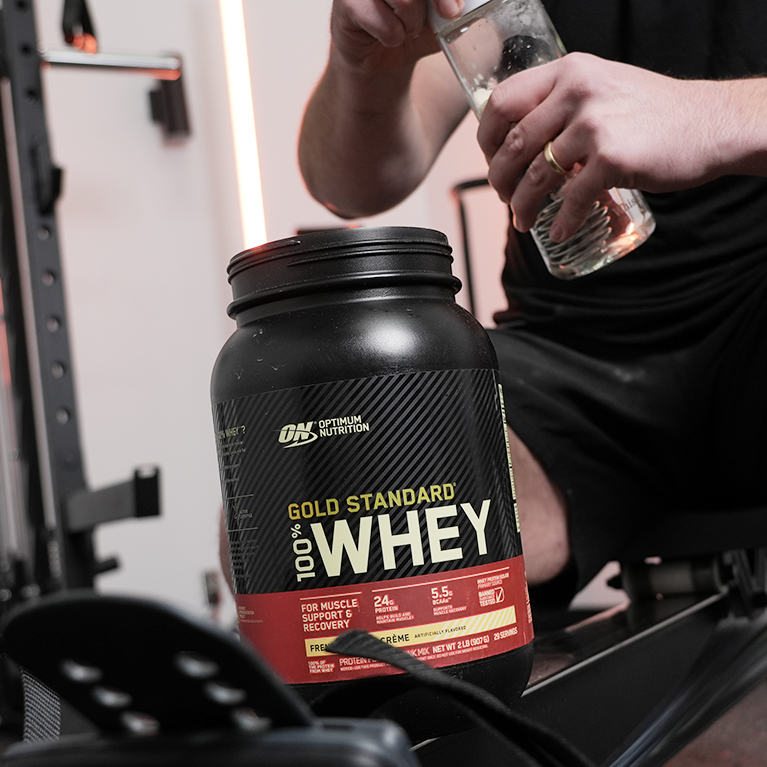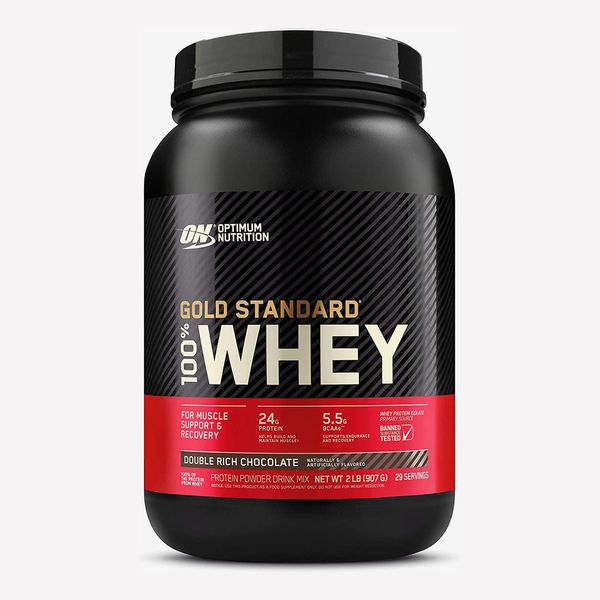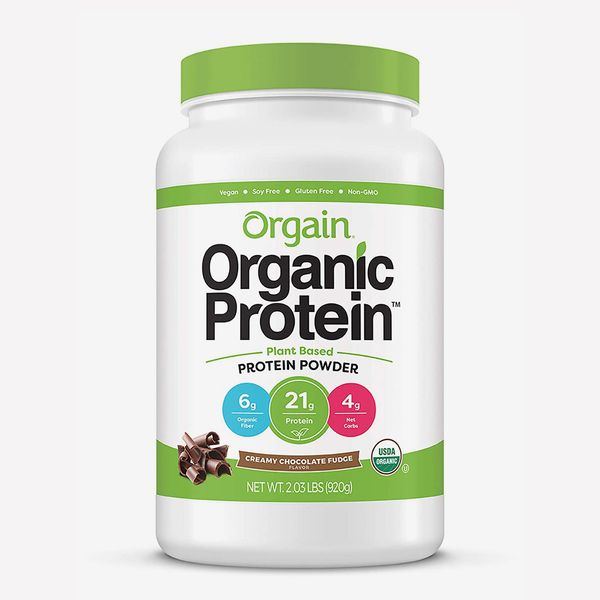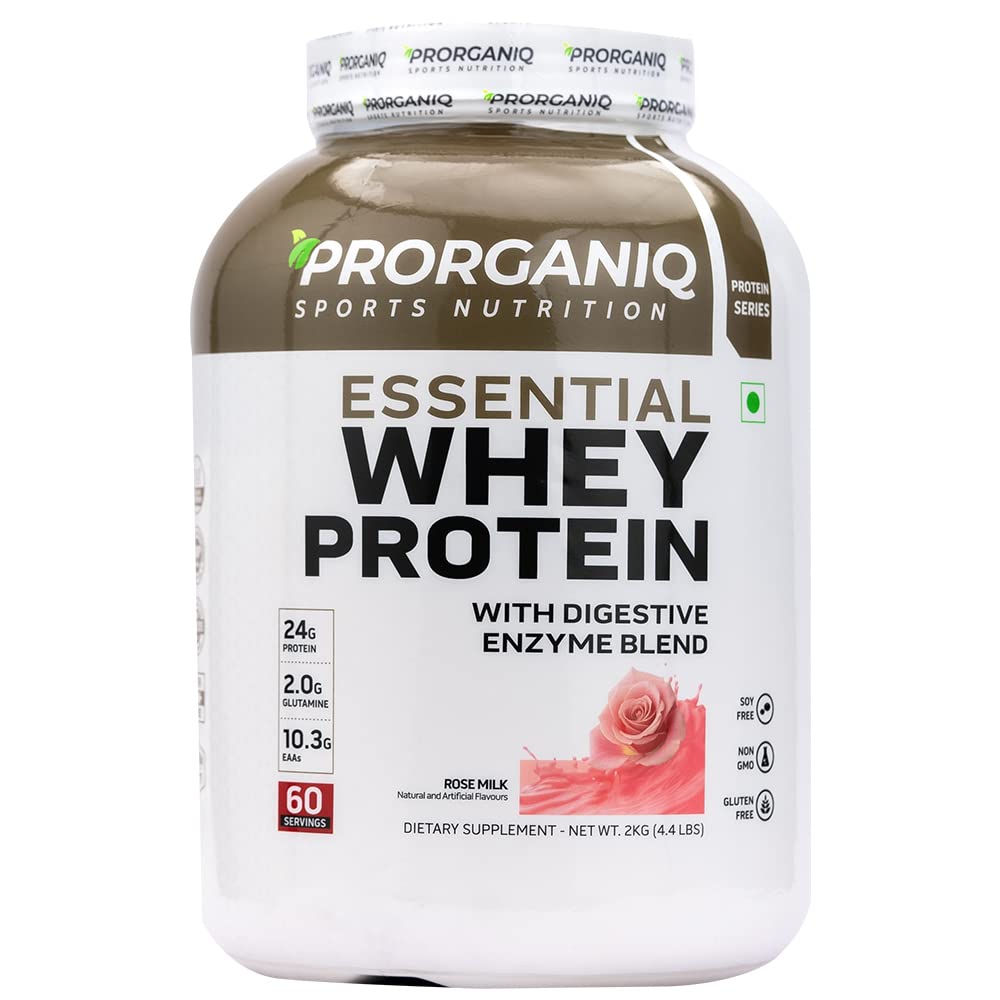Finding the right protein powder can be overwhelming with many options available. Several brands and types target different preferences and needs. It’s essential to understand your specific requirements before making a choice. Are you focused on building muscle, losing weight, or simply meeting your nutritional needs? This article will guide you through various options and help you make informed decisions.
Understanding Protein Types
Different types of proteins cater to varying dietary needs. Each type has unique benefits and considerations. Below are two main types to consider when choosing a protein powder.
Whey Protein
Whey protein is one of the most popular choices. It is derived from milk and is a complete protein. This means it contains all essential amino acids. Athletes and fitness enthusiasts frequently prefer it due to its quick absorption rate. It aids muscle recovery effectively post-workout. Moreover, whey protein is rich in branched-chain amino acids (BCAAs). BCAAs are vital for muscle growth and repair.
However, some individuals have lactose intolerance. In such cases, whey protein might cause digestive issues. Thankfully, a hydrolyzed form exists, making it easier to digest. This option further minimizes potential lactose content. Many brands also offer whey isolate, which contains fewer carbohydrates and fats. You can find it in various flavors, making it enjoyable to consume.
Plant-Based Proteins
Plant-based protein powders are an excellent choice for vegetarians and vegans. Common sources include pea, rice, and hemp protein. These proteins not only come from plants but are also rich in fiber. Fiber aids digestion and helps maintain a healthy gut. One significant advantage of plant-based proteins is their lower caloric content. They also contain fewer allergens, making them ideal for sensitive individuals.
While plant proteins are nutritious, they sometimes lack one or more essential amino acids. However, many brands combine multiple plant sources. This ensures a complete amino acid profile. For instance, blending pea and brown rice proteins often works well. Additionally, plant-based options are increasingly available in various flavors. This makes them versatile for different recipes, whether in smoothies or baked goods.

Selecting the Right Protein Powder
Selecting the right protein powder depends on your dietary lifestyle and personal preferences. You need to consider various aspects when making your choice. Below, we’ll explore important factors to consider before purchasing.
Ingredient Quality
The quality of ingredients greatly impacts your protein powder’s effectiveness. It’s crucial to pay attention to the sourcing of the protein. Look for certifications, such as organic or non-GMO. These certifications can ensure you’re getting high-quality ingredients. Moreover, check for the absence of artificial sweeteners, colors, or fillers. Always make informed decisions based on the ingredient list.
Furthermore, look for third-party testing on the label. This ensures the product contains what it claims. Products lacking this testing might not be trustworthy. Such assurance gives you peace of mind regarding the quality and safety of what you’re consuming. High-quality protein powders often lead to better results, both in health and performance.
Dietary Needs
Your dietary requirements are another crucial factor. Vegans and vegetarians should prioritize plant-based proteins. Conversely, those who consume dairy can opt for whey or casein. Additionally, if you’re allergic to specific allergens, like soy or gluten, double-check ingredient lists. It’s necessary to select a protein that aligns with your dietary restrictions.
Moreover, some individuals have unique dietary goals. For those focused on muscle gain, whey protein may be beneficial. On the other hand, those focusing on weight loss might prefer plant-based proteins due to their lower caloric content. You may also consider protein powders high in fiber. Such options can help keep you feeling full longer, supporting weight management.
Evaluating Protein Powder Brands
Many brands compete in the protein powder market, each claiming superior quality. Evaluating different options based on reputation and customer feedback is essential. Below, we’ll discuss two prominent brands widely regarded for their quality.
Optimum Nutrition
Optimum Nutrition is a widely recognized brand in the fitness community. Their Gold Standard Whey has been a top seller for years. This protein powder offers 24 grams of protein per serving. Furthermore, it comes in various flavors to suit diverse tastes. Customers appreciate its mixability and smooth texture in shakes.
Moreover, Optimum Nutrition prioritizes quality sourcing for their ingredients. They provide a clear nutritional label, promoting transparency. Additionally, their commitment to customer satisfaction is noteworthy. Many users report positive results regarding muscle recovery and overall satisfaction. Therefore, this brand is an excellent choice for individuals looking for reliable protein powders.
Orgain
Orgain focuses on providing organic, plant-based protein options. Their products are particularly popular among those seeking vegan alternatives. For example, their Organic Protein Powder offers 21 grams of protein per serving. It combines various plant-based sources, ensuring a complete amino acid profile.
Orgain places a strong emphasis on clean ingredients. Their products are free from artificial additives and preservatives. This focus on quality aligns well with health-conscious consumers. Furthermore, customers praise the taste and blendability of Orgain protein powders. This reputation makes them a solid choice for those preferring plant-based nutrition.

Assessing Flavor and Taste
When it comes to protein powder, flavor and taste play significant roles. Many find it challenging to adhere to a protein routine if the taste isn’t enjoyable. Here’s how to assess flavor and make your protein experience delightful.
Flavor Variety
Many brands now offer a variety of flavors. Traditional flavors include chocolate, vanilla, and strawberry. However, some brands push boundaries with unique options. Flavors like salted caramel, chocolate mint, or even birthday cake are now available. Such diversity allows consumers to choose products that best fit their tastes.
Moreover, consider what you will mix the protein powder with. If you’re making smoothies, perhaps fruity flavors work best. However, if you’re mixing with oatmeal or baked goods, chocolate or vanilla flavors might be more suitable. The versatility of flavor options ensures you enjoy your protein without hesitation.
Mixability and Texture
Ultimately, the texture impacts your protein consumption experience. A protein powder that clumps or doesn’t dissolve well can be frustrating. Look for options praised for their mixability in reviews. Some brands even advertise their powders to mix seamlessly with water or milk.
Additionally, some individuals prefer protein powder with a creamier texture. This often enhances the overall taste and enjoyment. If texture matters to you, consider trying samples before purchasing a full-sized tub. This small step ensures a satisfying experience that encourages consistent use.

Budget Considerations in Protein Purchase
Budget plays a significant role in any product selection, including protein powders. Prices can vary widely depending on the brand, ingredients, and quality. Assessing your financial situation is necessary for making an informed purchase.
Price Per Serving
When evaluating protein powder options, understanding the price per serving is crucial. While some brands might have lower upfront costs, they may offer fewer servings per container. Always compare the total servings to determine the most cost-effective option.
Moreover, many premium protein powders provide greater nutritional value. Investing in higher-quality products can yield better results long-term, justifying the initial cost. Thus, always consider the cost versus benefits while making your decision. Balancing quality and budget ensures you find the right fit for your overall health journey.
Promotions and Bulk Buying
Finally, consider looking for promotions or discounts when purchasing protein powder. Many brands run sales, especially during holidays or special occasions. Buying in bulk often provides significant savings as well. This strategy can help you stock up on your favorite powders, reducing individual costs.
Additionally, subscribe-and-save options are available through some online retailers. This approach ensures consistent savings without the hassle of reordering. By using these budgeting strategies, you can enjoy quality protein without straining your finances. It’s all about making informed choices that align with your lifestyle.
Final Thoughts on Protein Powder Selection
Ultimately, selecting the best protein powder involves understanding your needs. Dive deep into the types, flavors, and brands available. Consider your dietary restrictions and personal preferences regarding taste. Thoroughly evaluate ingredient quality and customer reviews. This comprehensive approach will lead you toward making an informed decision.
Moreover, assess your budget and look for promotions that can save you money. A happy, consistent protein experience often leads to better health and fitness outcomes. Keep testing different powders until you discover the one that fits your lifestyle best. Remember, the journey to better health is a continuous process shaped by mindful choices.
In conclusion, choosing the best protein powder is an essential aspect of any nutritional plan. Make informed decisions based on individual needs, quality, and budget considerations. Doing so not only enhances your protein intake but also supports your overall wellness journey.
